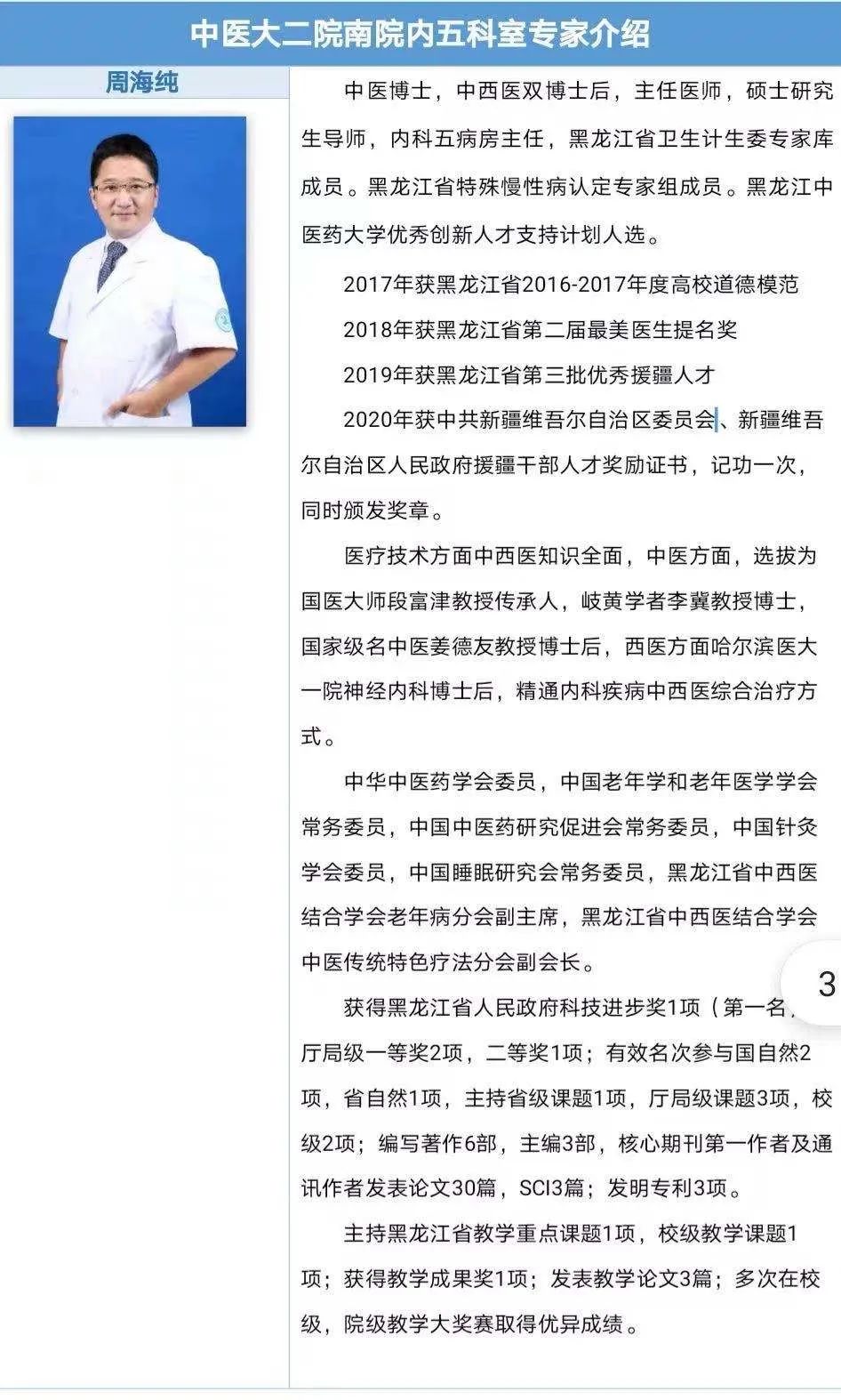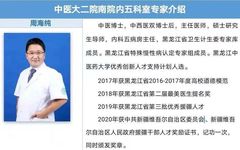

The concept of Qi Deficiency (气虚) is one of the nine constitutions outlined in Traditional Chinese Medicine (TCM). Individuals with this constitution often experience symptoms such as fatigue, weakness, and a tendency to catch colds easily. This article explores the characteristics, causes, and TCM remedies for those with a Qi Deficiency constitution.
In TCM, Qi (气) is considered the vital energy that flows through the body, supporting all physiological functions. A deficiency in Qi can lead to various health issues, including digestive problems, respiratory conditions, and a weakened immune system.
Common herbs used to tonify Qi include Ren Shen (Ginseng, 人参), Huang Qi (Astragalus, 黄芪), and Bai Zhu (White Atractylodes, 白术). These herbs are often formulated into decoctions or taken as supplements to help restore balance and enhance vitality.
Dietary recommendations for individuals with a Qi Deficiency constitution include consuming warm, nourishing foods such as soups, stews, and whole grains. It is also advised to avoid excessive cold or raw foods that can further deplete Qi.
In summary, understanding the Qi Deficiency constitution is essential for tailoring TCM treatments and lifestyle adjustments to improve overall health and well-being.

